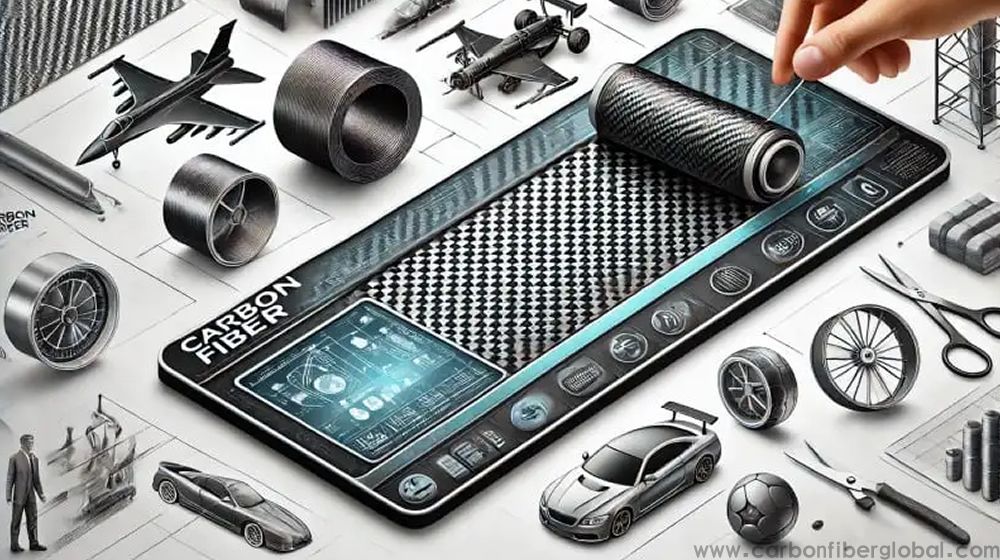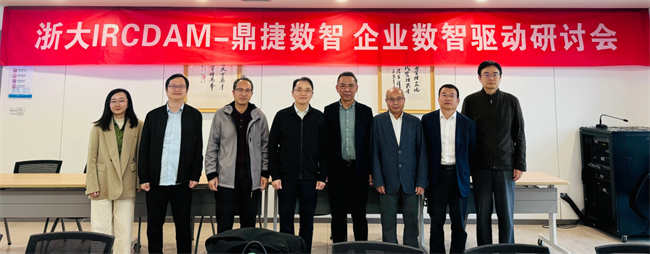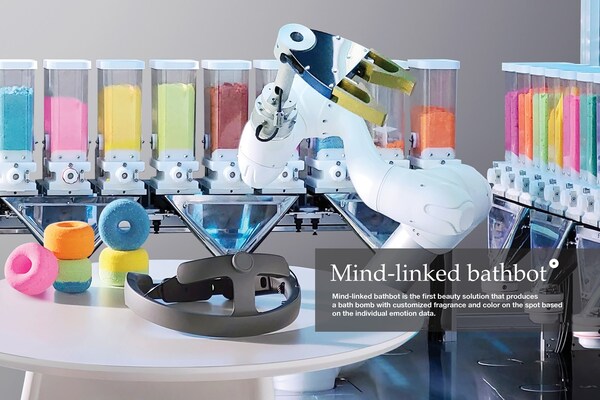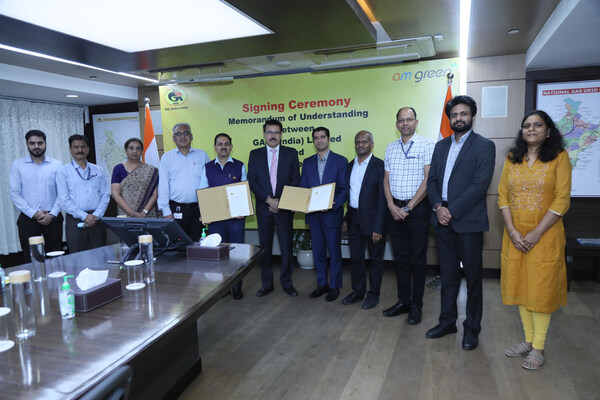Custom Carbon Fiber Sheets: Tailoring Solutions for Specific Needs
Carbon fiber sheets are renowned for their exceptional strength, lightweight nature, and versatility, making them a popular choice across a wide range of industries, including aerospace, automotive, sports equipment, and electronics. However, when standard Carbon Fiber Sheets don’t meet the unique requirements of a project, custom Carbon Fiber sheets become the ideal solution. By tailoring the properties of carbon fiber to specific applications, manufacturers can achieve optimal performance, durability, and functionality. In this article, we’ll explore how Custom Carbon Fiber sheets are made, their advantages, and why they are the preferred choice for projects with specialized needs.

What Are Custom carbon fiber sheets?
Custom Carbon fiber sheets are precisely engineered carbon fiber materials that are adapted or tailored to meet specific requirements of a particular application. This customization process can involve:
- Adjusting the material composition: Modifying the carbon fiber's resin or fiber types to meet desired strength, flexibility, or conductivity requirements.
- Cutting and shaping: Carbon fiber sheets can be cut into custom sizes and shapes to fit a particular design or application.
- Enhancing surface finish: The finish of the sheet can be altered to meet aesthetic or functional requirements, such as gloss, matte, or textured finishes.
- Laminating or layering: The number of layers and orientation of the carbon fiber plies can be customized to achieve specific mechanical properties.
The end result is a product that meets the exact specifications and performance requirements needed for specialized applications, whether it’s for a complex aerospace component, a custom-built sports car, or a specialized electronics device.
Benefits of Custom Carbon Fiber Sheets
Custom carbon fiber sheets offer several key benefits, making them the ideal material for projects that require unique properties or performance characteristics:
1. Tailored Mechanical Properties
One of the primary advantages of custom carbon fiber sheets is the ability to tailor their mechanical properties to suit specific needs. This customization is achieved by adjusting the fiber orientation, ply thickness, and resin content. By varying these parameters, manufacturers can create carbon fiber sheets with different properties, such as:
- Increased tensile strength for applications that require high resistance to stretching and deformation.
- Improved flexibility for products that need to bend without breaking, like sports equipment or Automotive Components.
- Enhanced impact resistance for applications where the material will be exposed to frequent impacts or stress.
With custom carbon fiber, it’s possible to design materials that optimize performance for both lightweight and high-strength applications.
2. Enhanced Aesthetic Options
While carbon fiber is prized for its strength, it also offers a unique and attractive look that can be further customized to suit a project’s design. Custom carbon fiber sheets can be manufactured with different surface finishes, such as:
- Glossy: A shiny, smooth finish that enhances the weave pattern of the carbon fiber, often used in high-end automotive and consumer electronics.
- Matte: A non-reflective finish that offers a sleek, understated look, commonly used in industrial and Aerospace Applications.
- Textured: A more rugged surface that can provide additional grip, ideal for tools, handles, or any application that requires a tactile surface.
Manufacturers can also customize the carbon fiber’s color or pattern. For example, while the classic black carbon fiber is the most common, there are now variations in color, including red, blue, and even gold carbon fiber. Custom aesthetics help integrate carbon fiber into products where visual appeal is just as important as functionality.
3. Perfect Fit for Specialized Applications
Every application has different size and shape requirements. Custom carbon fiber sheets are ideal for projects that demand precise dimensions or particular shapes. Whether it’s creating small components for electronics or large panels for aircraft fuselages, custom cutting ensures a perfect fit for the design.
The ability to laser cut or water jet cut carbon fiber into highly intricate shapes or patterns makes it an excellent choice for designs that involve complex geometries, such as parts for drones, automotive chassis, or custom molds.
4. Optimized Performance for Harsh Environments
Some projects require carbon fiber sheets that can withstand extreme conditions, whether it’s high heat, moisture, chemical exposure, or electrical interference. By customizing the resin system and fiber composition, manufacturers can enhance the performance of carbon fiber sheets for specific environmental challenges.
For instance, aerospace applications require carbon fiber sheets with high resistance to both high temperatures and corrosion. Automotive industries may need sheets with impact resistance and the ability to withstand various chemicals, oils, and greases. By tailoring the properties, custom carbon fiber sheets meet the specific environmental demands of each industry.
5. Increased Cost-Effectiveness
Though custom carbon fiber sheets may cost more upfront than standard materials, their performance and durability can lead to long-term cost savings. Because carbon fiber is lightweight yet extremely strong, it can reduce the overall weight of products, leading to better energy efficiency, lower shipping costs, and improved fuel economy for vehicles and aircraft. Furthermore, by choosing a material that is tailor-made for a specific use, the risk of failure is minimized, reducing the need for costly repairs or replacements.
How Custom Carbon Fiber Sheets Are Made
The process of creating custom carbon fiber sheets typically follows these steps:
1. Material Selection
The first step in creating a custom carbon fiber sheet is selecting the appropriate carbon fiber fabric and resin system. The carbon fiber fabric can be woven in various orientations (e.g., plain weave, twill, unidirectional) to achieve specific mechanical properties. The resin system (epoxy, polyester, or vinyl ester) is selected based on the desired performance, such as heat resistance or chemical durability.
2. Layup Process
In this step, layers of carbon fiber fabric are laid down in a mold or on a flat surface. Each layer is coated with resin and then pressed or vacuum-bagged to ensure proper bonding between layers. The direction in which the fibers are oriented is crucial, as it determines the sheet's strength, flexibility, and other mechanical properties.
3. Curing
After the layers are laid up, the carbon fiber composite is cured using heat and pressure, a process that solidifies the resin and binds the fibers together. The curing process can be done in an autoclave (for high-performance composites) or using a simple oven, depending on the specific requirements of the sheet.
4. Cutting and Shaping
Once cured, the carbon fiber sheet is cut into the desired shape and size using tools such as water jet cutters, laser cutters, or CNC machines. This is when the sheet is tailored to fit the specific design and dimensions required for the application.
5. Surface Finishing
Finally, the surface of the carbon fiber sheet is finished according to the customer’s specifications. This may include sanding, polishing, or applying a protective coating to enhance the appearance and durability of the sheet.
Applications of Custom Carbon Fiber Sheets
Custom carbon fiber sheets are used in a wide array of industries and applications, including:
- Aerospace: For lightweight, durable components like wing structures, fuselage panels, and satellite parts.
- Automotive: In sports cars and high-performance vehicles for body panels, interior components, and custom parts.
- Electronics: For lightweight, heat-resistant cases, heat sinks, and EMI shielding in consumer devices like smartphones and laptops.
- Sports Equipment: In the design of bicycles, tennis rackets, golf clubs, and even racing boats.
- Medical Devices: For lightweight, strong components in prosthetics, orthotics, and surgical tools.
Conclusion
Custom carbon fiber sheets offer significant advantages for specialized applications where standard materials may fall short. Whether it's for performance optimization, design flexibility, or durability in challenging environments, Custom Carbon Fiber Solutions provide the tailored properties needed to meet the demands of a wide variety of industries. By harnessing the unique advantages of carbon fiber and customizing it for specific uses, businesses can ensure their products are not only high-performance but also cost-effective and long-lasting.












